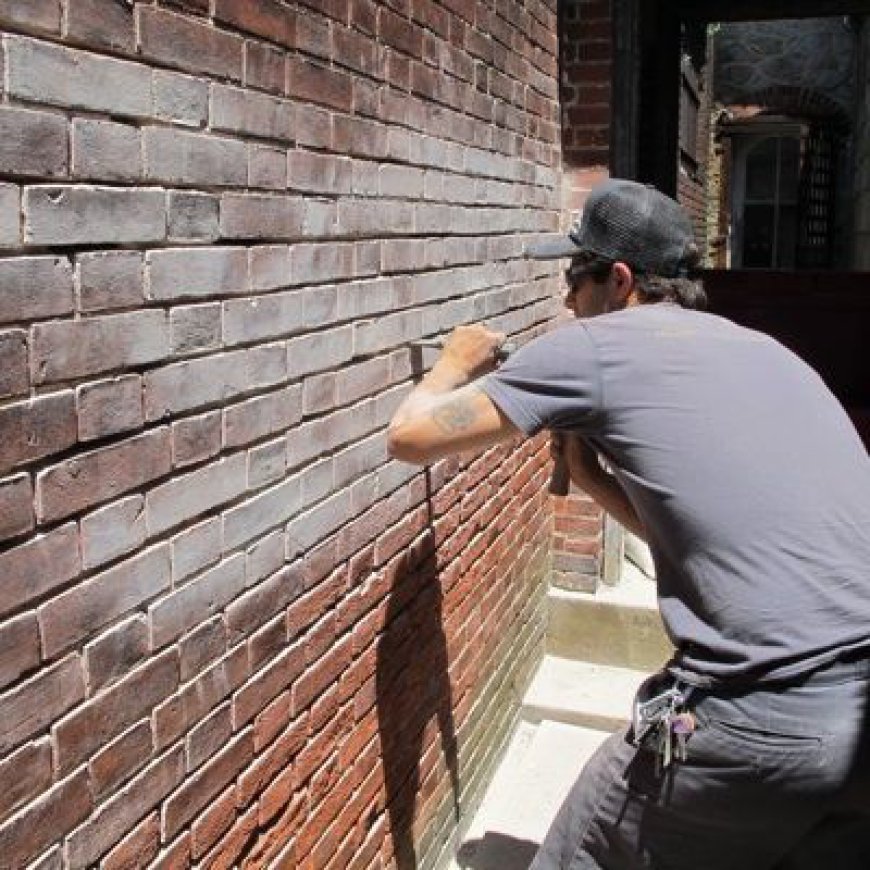Conquering Concrete: The Ultimate Guide to Concrete Drill Bits for DIYers in the USA
Ah, concrete. The backbone of countless structures across the USA, from towering skyscrapers to charming suburban sidewalks. Yet, for the DIY enthusiast, concrete can also present a formidable challenge when it comes to drilling.

Unlike wood or drywall, concrete requires a specialized approach to create clean, precise holes. That's where concrete drill bits come in – the unsung heroes of any project involving this tough material.
This comprehensive guide, tailored for the DIY community in the USA, dives deep into the world of concrete drill bits. We'll explore different types, functionalities, selection tips, drilling techniques, and safety considerations, ensuring your next concrete drill bit project is a success.
Why Choose the Right Concrete Drill Bit Matters
Using a standard wood drill bit on concrete is a recipe for disaster. Concrete's dense composition demands a tougher approach. The wrong bit will struggle to penetrate, overheat, wear down quickly, and potentially damage your drill. Choosing the right concrete drill bit, on the other hand, offers a multitude of benefits:
- Efficiency: The right bit cuts through concrete faster and with less effort, saving you time and frustration.
- Precision: A well-matched bit creates clean, accurate holes, crucial for secure anchor installations and other applications.
- Durability: Quality concrete drill bits are built to last, able to withstand repeated use and demanding projects.
- Safety: The proper bit minimizes vibrations and reduces the risk of bit breakage, keeping you safe during the drilling process.
By understanding the different types of concrete drill bits available and how to choose the right one for your project, you'll be well on your way to conquering concrete like a pro.
Unveiling the Champions: Different Types of Concrete Drill Bits
Let's explore the three main contenders in the concrete drill bit arena:
1. Hammer Drill Bits (SDS Plus and SDS Max):
These are the undisputed champions for heavy-duty concrete drilling. Designed for use with hammer drills, which combine rotation with a hammering action, they handle the toughest concrete with ease.
- Material:
- Shank: Typically made of high-quality steel with an SDS Plus or SDS Max shank depending on the drill type. These shanks have grooves and protrusions that lock securely into the hammer drill for efficient power transfer.
- Tip: Almost always made of tungsten carbide, an exceptionally hard and wear-resistant material that can pulverize concrete.
- Variations:
- Standard: The basic workhorse for general concrete drilling.
- Fluted Masonry Bits: Designed for faster drilling and debris removal with their wider flutes.
- Teardrop Bits: Ideal for creating anchor holes due to their slightly tapered design.
- Who Should Use Them: DIYers tackling projects like installing anchors for shelves, hanging heavy fixtures, or running electrical lines through concrete.
2. Masonry Drill Bits:
Suitable for light-duty concrete drilling or applications involving brick and cinder block, masonry drill bits offer a more affordable alternative to hammer drill bits.
- Material:
- Shank: Standard round shank for compatibility with most regular drills (not hammer drills).
- Tip: Usually made of high-carbon steel, which can handle softer concrete and masonry materials. Some high-end masonry bits may have a carbide tip for increased durability.
- Variations:
- Standard: Similar to standard hammer drill bits, but with a less aggressive tip suitable for softer materials.
- Fluted Masonry Bits: Like their hammer drill counterparts, these have wider flutes for faster drilling and debris removal.
- Who Should Use Them: DIYers tackling projects like hanging pictures, mounting light fixtures, or drilling small holes in cinder blocks.
3. Rotary Hammer Drill Bits (SDS Plus and SDS Max):
These specialized bits are primarily used by professionals for heavy-duty demolition applications involving concrete and masonry. They offer similar features to hammer drill bits, but with a more robust design for extreme drilling tasks.
- Material:
- Shank: SDS Plus or SDS Max shank depending on the drill type.
- Tip: Extra-hard tungsten carbide with a heavy-duty design for demolition tasks.
- Who Should Use Them: Generally not recommended for DIYers as they require powerful rotary hammer drills and specialized techniques.
